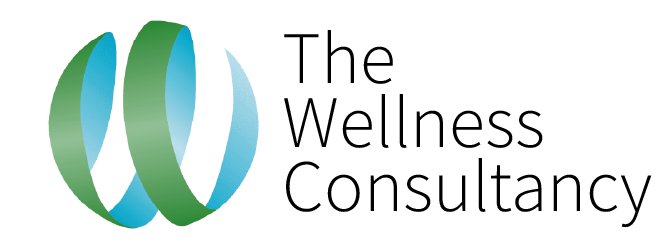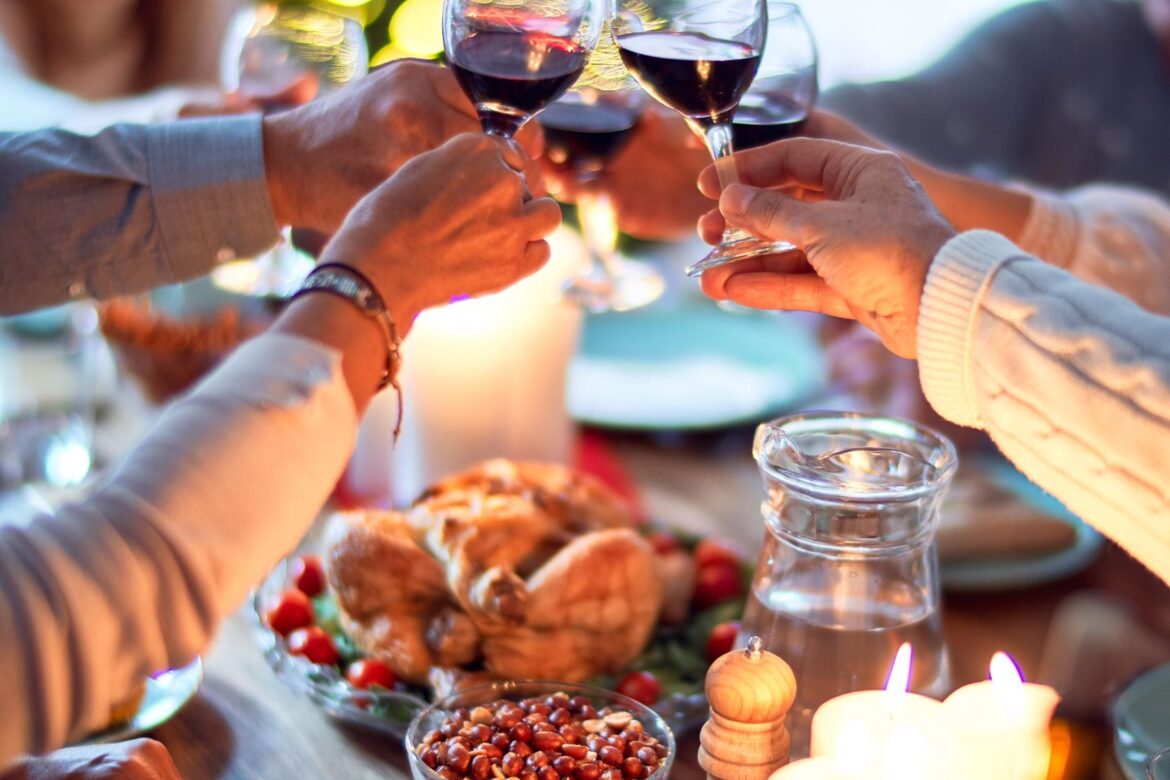In response to the difficulties over the last 18 months, many people have noticed an increase in alcohol, using illegal substances, eating, spending, gambling and watching porn. Everyone is at risk of developing unhealthy habits when we are seeking to avoid and dampen some level of discomfort or pain – often to cope with loneliness or isolation. We may be suffering with a bereavement issue and the festive period can be a struggle, financial worries due to the impact of COVID-19 may be increasing financial anxiety. Enjoying good food, going out, having family and friends round and feeling merry in whatever way we choose is what many of us associate with this time of year.
Perhaps opportunities to enjoy our normal rituals over the festive season may be impacted but others like enjoying a glass or two of wine are not. This may cause us to over indulge and start to depend on a bottle of wine or spliff at the end of the day. We may feel isolated and low, even angry that we can’t do what we normally would. All of those emotions build up and cause us to seek ways to help ourselves feel better. The reality of addiction is that it can affect anyone, it doesn’t discriminate between gender, age, race, culture or pay grade.
A common theme we hear is that a ‘normal’ way we would treat or reward ourselves becomes increasingly more needed often at times of loss, emotional pain and stress. We are often avoiding uncomfortable feelings or situations and using the addictive behaviour as a way of soothing ourselves. We all need soothers just like we did as babies. However our adult comfort blankets can become problematic. Drugs and alcohol are often seen as an ‘escape’ and a respite from all that pain even though this only offered brief moments of perceived peace.
Fully enjoy what you do
When you choose to have your ‘treat’ or ‘reward’ do it mindfully – fully focus on it to get the maximum enjoyment from every sip, mouthful or moment of the activity whatever it is. Try these mindful techniques when you are eating or having an alcoholic drink:
https://www.healthline.com/health-news/what-is-mindful-drinking#What-is-mindful-drinking?
https://www.fitmind.co/blog-collection/mindful-eating-exercise-script
If you notice that you are tempted to keep having more try this simple technique to slow down your decision making and reduce the risk of binging – Delay, Distract, Decide http://www.get.gg/docs/3Ds.pdf
10 Top tips for change
- Identify what problem behaviour you’d like to change
- Honestly explore why this has become problematic in your life now
- Look at yourself with compassion and kindness as you would do if a friend were sharing this with you
- What triggers it? What is the context around why things have changed? What is the problem associated with? How do you feel before, during and after?
- Identify ways you can break the unhealthy cycle. It may be something simple – avoiding an aisle in the supermarket, cooking with someone else around, changing the time or place you do something
- Look at how you can realistically make changes and write these down
- Share your goal with someone else
- Monitor and review your progress every week and write this down
- Accept that lapses are part of the process of change. Go back to plan when this happens and acknowledge its part of the learning process. Adapt your plan with what you’ve learnt
- Recognise the importance of what you’re doing to improve your life now and stop negative thoughts about the past
The definition of addiction is a chronic relapsing disorder characterised by compulsive seeking, continued, despite harmful consequences and long-lasting changes in the brain. An addiction is an urge to do something that you can’t control, taking or doing something to the point where it could be harmful.
According to the charity Action on Addiction 1 in 3 people are addicted to something. Some of the common addictions include drugs, alcohol, gambling, shopping, sex, pornography, food, exercise and in most recent years gaming.
If we look at this list it is easy to see why addiction can occur, because they all offer pleasure, relaxation in some way. But what changes in an individual to make something that was pleasurable to a compulsive need? Drugs for example produce a euphoric feeling by triggering large amounts of dopamine in certain parts of the brain responsible for feeling the reward. Addiction occurs for example when the act of using a substance takes over certain circuits in the brain and increases the urge to consume more and more to achieve the same reward effect. The person often finds themselves using substances just to feel ‘normal’ (Medical News Today).
What causes addictions
There are many reasons why bad habits develop into an addiction. These things positively affect how you feel both physically and mentally, which can give pleasure or relief so create a powerful need to repeat the act. For example, when gambling the ‘win’ gives a mental high so much so a person will chase that same adrenalin rush again and again. The targeting of women by online gambling providers is creating a huge rise in debts in this group.
In younger people a large proportion of clients started misusing substances or alcohol early on. They may have had parents that were drug/alcohol dependant, mixed in a social circle where this was the norm so their early childhood experiences gave them a distorted view of alcohol/drug misuse ‘normalising’ that activity and was a way of blocking out their emotions. The main referrals into Young People’s substance misuse services are currently for alcohol and cannabis. Some stimulants are still an issue and require support particularly linked to sport and performance.
The cycle of addiction
To maintain an addiction is both mentally and physically exhausting, which can impact on both your work and personal life. Many addicts have to lie on a regular basis to keep their addiction secret which can cause an immense amount of pressure and shame. This significantly impairs our day-to-day functioning and ability to concentrate, focus and perform in the areas of our lives that matter the most to us.
Other negative impacts can include socially withdrawal, lack of libido, depression, anxiety, loss of relationships, debts and even possible criminal activity. The link between addictions and domestic abuse is well documented.
How to identify a problem and make changes
Any problem is treatable if we are ready and willing to make the necessary changes. This could mean changing your life and routines associated with the unhealthy habit. There are many ways to help yourself. Talk to your GP about concerns who can also signpost you to local services. Talk to a friend or family member. Join a self-help group online.
Take a look on our website thewellnessconsultancy.org for helpful guidance or contact us for support and advice.
Best wishes to you for a healthy start to 2022.
Email: wellness-consultancy@outlook.com
Contact Tel: 07759 516241

